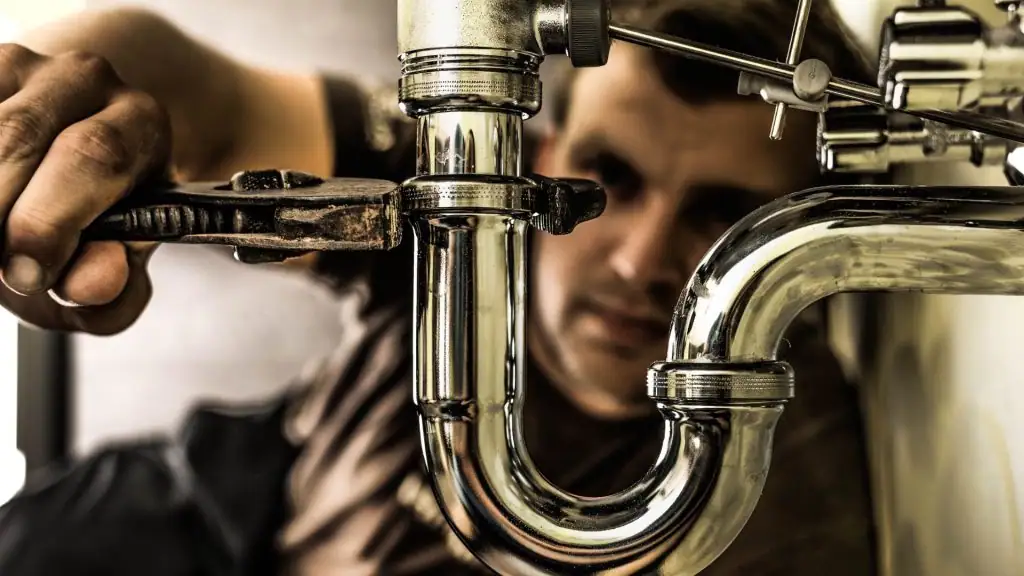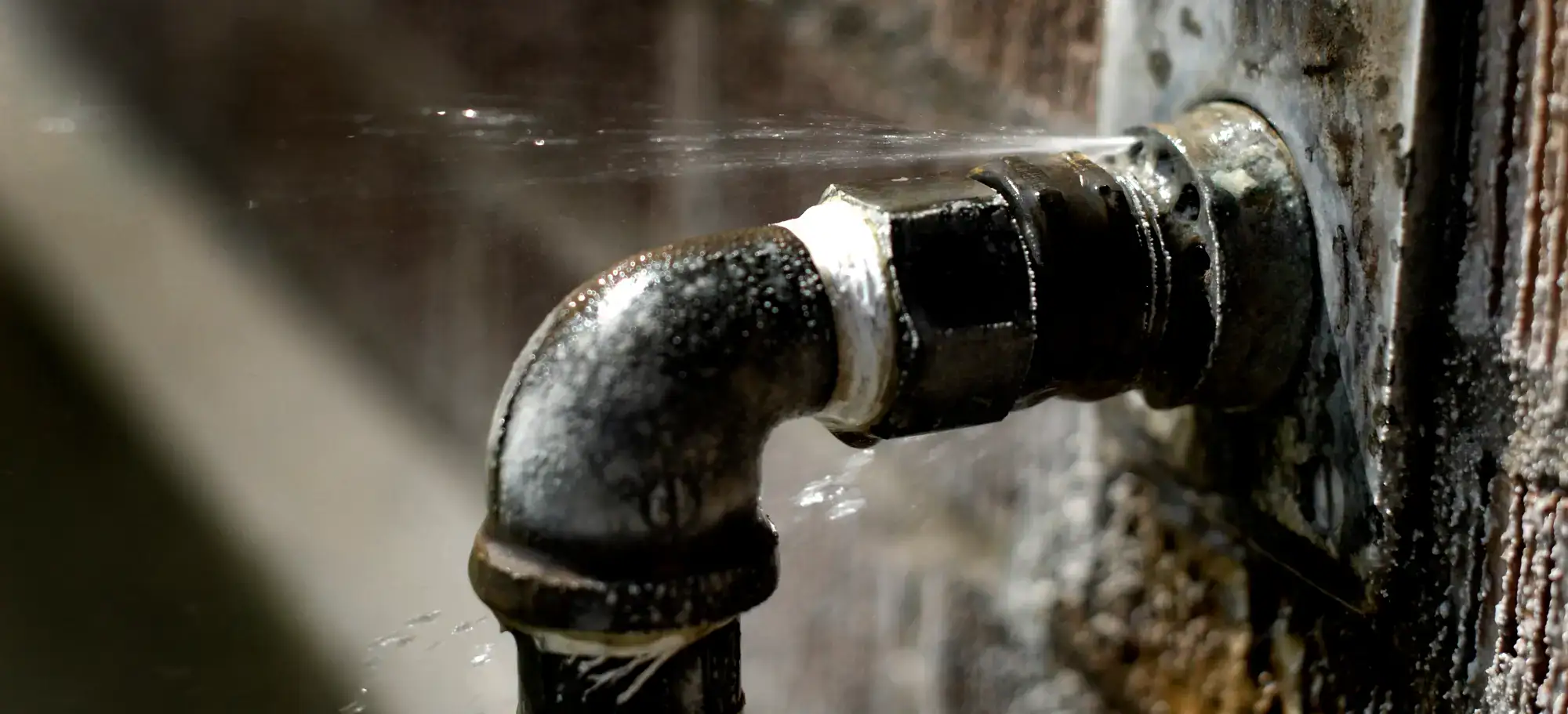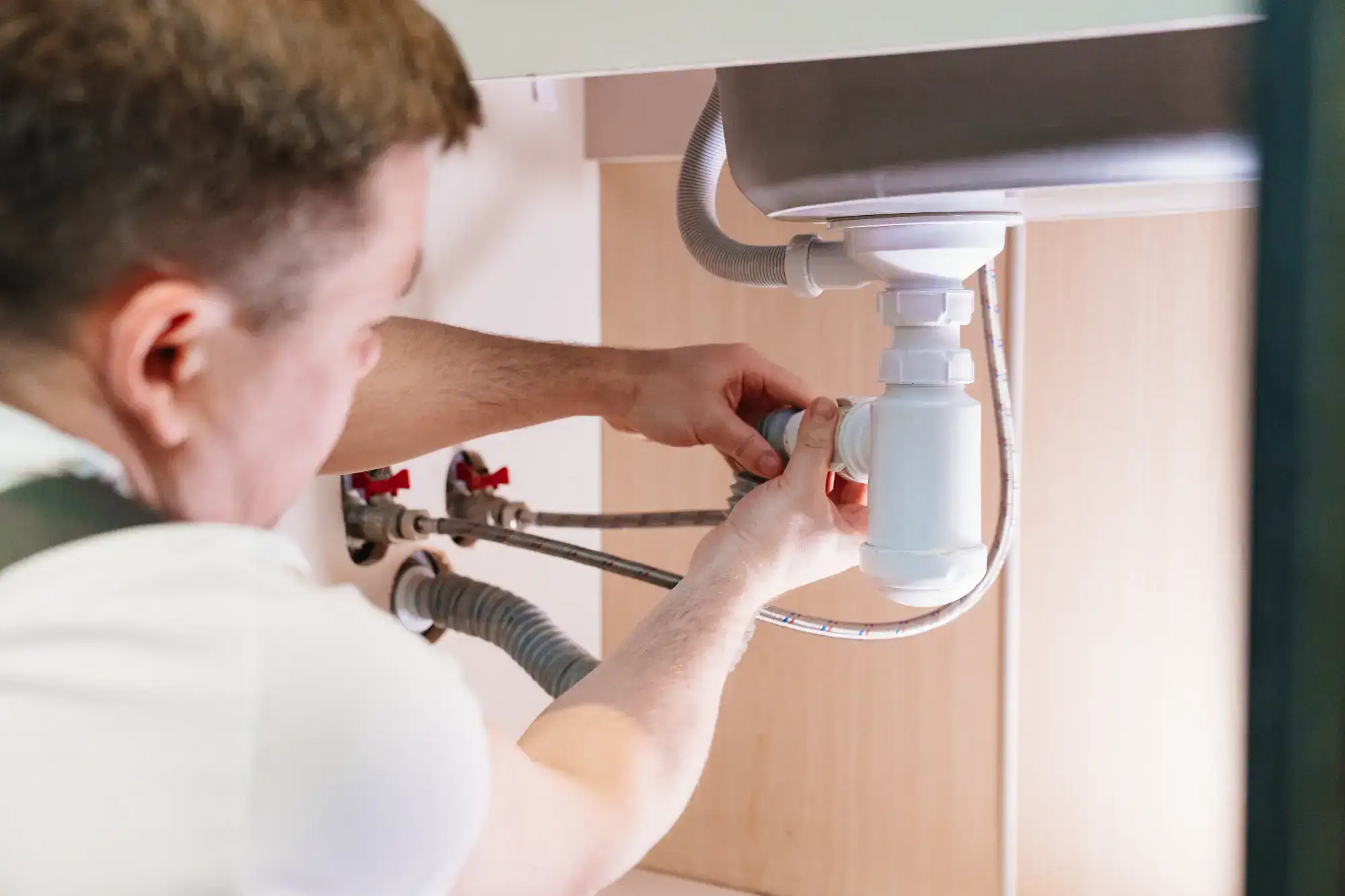Summary:
Strange Noises Coming From Your Water Heater
Your water heater should operate quietly in the background. When it starts making unusual sounds, it’s trying to tell you something important. These noises often indicate serious internal problems that won’t resolve themselves.
The most common sounds include rumbling, popping, banging, and hissing. Each noise points to specific issues that require different approaches to fix. Understanding what these sounds mean can help you determine how urgent your situation really is.
What Rumbling and Popping Sounds Mean
Rumbling and popping sounds typically indicate sediment buildup in your water heater tank. Over time, minerals from your water supply settle at the bottom of the tank, creating a layer of sediment. When your water heater tries to heat water through this sediment layer, it creates steam bubbles that make these characteristic popping and rumbling noises.
This sediment doesn’t just create annoying sounds—it forces your water heater to work harder to heat water, increasing your energy bills and reducing the unit’s efficiency. The sediment acts like an insulating barrier between the heating element and the water, making the system strain to reach proper temperatures.
In San Francisco’s hard water areas, this problem develops faster due to higher mineral content. If you’re hearing these sounds regularly, your water heater is working overtime and may be approaching failure. The sediment can also cause hot spots on the tank bottom, leading to premature tank failure and potential leaks.
We can flush your system to remove sediment buildup, but if the sounds persist after flushing, you might be looking at more serious internal damage that requires immediate attention.
When Hissing Sounds Signal Danger
Rumbling and popping sounds typically indicate sediment buildup in your water heater tank. Over time, minerals from your water supply settle at the bottom of the tank, creating a layer of sediment. When your water heater tries to heat water through this sediment layer, it creates steam bubbles that make these characteristic popping and rumbling noises.
This sediment doesn’t just create annoying sounds—it forces your water heater to work harder to heat water, increasing your energy bills and reducing the unit’s efficiency. The sediment acts like an insulating barrier between the heating element and the water, making the system strain to reach proper temperatures.
In San Francisco’s hard water areas, this problem develops faster due to higher mineral content. If you’re hearing these sounds regularly, your water heater is working overtime and may be approaching failure. The sediment can also cause hot spots on the tank bottom, leading to premature tank failure and potential leaks.
We can flush your system to remove sediment buildup, but if the sounds persist after flushing, you might be looking at more serious internal damage that requires immediate attention.
Want live answers?
Connect with a Sugar Bear Home Services expert for fast, friendly support.
Water Temperature and Quality Warning Signs
Your water heater’s primary job is delivering consistent, clean hot water throughout your home. When you notice changes in water temperature or quality, these are clear indicators that something isn’t working properly inside your system.
Temperature inconsistencies and water quality issues often develop gradually, making them easy to dismiss initially. However, these problems typically worsen quickly once they start, potentially leaving you without hot water when you need it most.
Inconsistent Water Temperatures
Water that alternates between scalding hot and lukewarm—or worse, completely cold—signals serious internal problems with your water heater. This inconsistency usually points to failing heating elements, broken thermostats, or sediment interference with proper water circulation.
In electric water heaters, inconsistent temperatures often mean one or both heating elements are failing. These units typically have two elements that work together to maintain consistent water temperature throughout the tank. When one fails, you’ll notice the water doesn’t stay hot as long, or temperatures fluctuate unpredictably during use.
Gas water heaters with temperature problems might have issues with the pilot light, thermocouple, or gas valve. A pilot light that keeps going out prevents consistent heating, while a faulty thermocouple might cause the gas supply to shut off intermittently. These components require professional diagnosis and repair for both effectiveness and safety.
Temperature fluctuations also occur when your water heater is undersized for your household’s needs or when sediment buildup prevents proper heat transfer. In San Francisco homes, where morning routines often involve multiple people needing hot water simultaneously, an undersized or failing system becomes apparent quickly. We can assess whether your current system meets your household’s demands or if component repairs can restore consistent performance.
Discolored or Smelly Water
Water that comes out rusty, brown, or with an unpleasant odor indicates serious problems inside your water heater tank. These issues affect not just your comfort but potentially your health, making professional intervention necessary.
Rusty or brown water typically signals corrosion inside your tank or connecting pipes. The tank’s anode rod, designed to attract corrosive elements and protect the tank walls, may be completely depleted. Without this protection, the tank itself begins corroding, leading to rusty water and eventually tank failure. Once corrosion starts, it progresses rapidly, making early intervention crucial.
A rotten egg smell in your hot water indicates bacterial growth inside the tank, specifically sulfate-reducing bacteria that produce hydrogen sulfide gas. This bacteria thrives in the warm, oxygen-poor environment inside water heater tanks. While not typically dangerous, it makes your water unpleasant to use and indicates that your water heater’s internal environment has changed in ways that promote bacterial growth.
In some cases, the smell comes from a deteriorating anode rod made of magnesium, which can react with certain water conditions to produce sulfur odors. We can determine whether the issue stems from bacteria, anode rod problems, or other internal tank conditions.
Both discolored and smelly water problems require professional diagnosis because the solutions vary depending on the root cause. Sometimes flushing the tank and replacing the anode rod resolves the issue, but advanced corrosion might mean your tank needs replacement before it fails catastrophically.
Don't Wait for Complete Water Heater Failure
Recognizing these warning signs early gives you the advantage of addressing problems before they become emergencies. Strange noises, temperature inconsistencies, and water quality issues all indicate that your water heater needs professional attention now, not later.
The longer you wait to address these symptoms, the more expensive and disruptive the eventual repairs become. What might be a simple component replacement today could become a complete system failure tomorrow, leaving you without hot water for days and potentially causing water damage to your home.
When you notice any of these warning signs in your San Francisco home, contact Sugar Bear Home Services immediately. Our experienced technicians can diagnose the problem accurately and provide the right solution to restore your hot water reliably.




